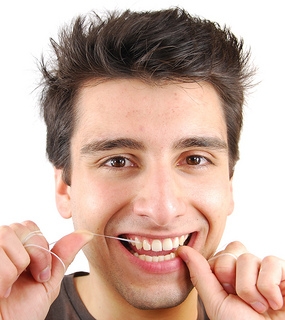Don’t let a dental emergency ruin your summer vacation!
July 6th, 2022

For many of our patients at Fallbrook Family Dentistry, summer means a season of relaxation, vacation, and outdoor fun and activities. While you can’t take a vacation from dental emergencies, you can always be prepared for anything that can happen. Today, Dr. Jeffery Spahr and Dr. Janna Spahr and our team thought we would give our patients a few tips on handling a dental emergency when you’re far from home (and our office).
Throbbing Toothache – Try brushing and flossing to ease the pain; the issue could be simply that a piece of food is nestled in an uncomfortable spot between your teeth. If that is the case, try to gently remove the object with dental floss. If it still hurts, stick to soft foods, try an over-the-counter pain reliever, or dip a cotton ball in clove oil and insert it on the affected area until you can get to a local dentist.
Bitten Lip or Tongue – Clean the area gently with a cloth and apply cold compresses to reduce swelling. If the bleeding doesn’t stop, go to a hospital emergency room immediately.
Lost Filling or Crown – Dental wax will work to keep the sharp edges of your tooth from bothering you. If you can, save the crown or filling, and if you happen to have denture adhesive handy, you can use it to temporarily reattach the crown until you can get to a local dentist.
Broken Tooth – Hold the tooth by the crown and rinse off the root of the tooth in water if it’s dirty. If possible, gently insert and hold the tooth in its socket. If that isn’t possible, put the tooth in a cup of milk and get to a local dentist as quickly as possible.
Broken Jaw – Apply cold compresses to control swelling. Visit a hospital emergency room as soon as possible.
If you have a dental emergency after regular office hours and you happen to be in town, please give us a call. If you are calling us after hours, please follow the emergency prompts to contact Dr. Jeffery Spahr and Dr. Janna Spahr.





